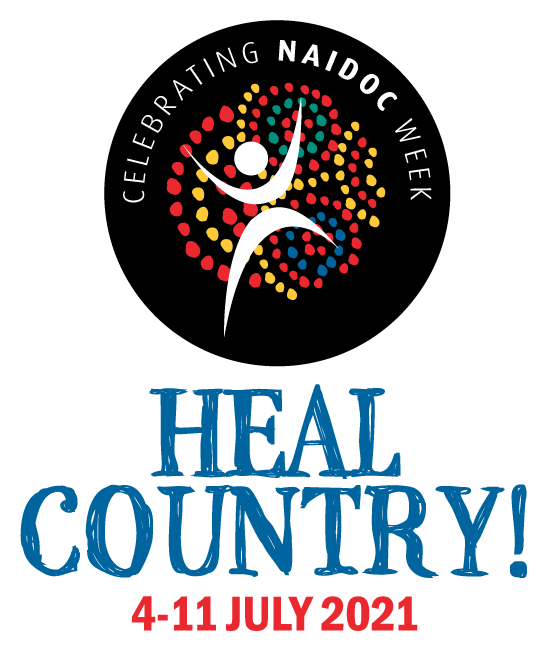Each July, NAIDOC Week celebrates the history, culture and achievements of Aboriginal and Torres Strait Islander people. The theme for 2021 is a call to ‘Heal Country, Heal our Nation!’ As the unifying alliance for Australian professions, ACoP calls on all professionals to acknowledge the significance of indigenous culture in our national heritage and consider how we can actively contribute to Healing Country.
Understanding the Relationship with Country
To understand the importance of Healing Country, we first need to acknowledge that Country is more than just a place for Australian Aboriginal and Torres Strait Islander peoples. Country is inseparable from personal, social and cultural identity, and is spoken about as a person or mother figure which is reflected in the spelling of Country with a capital ‘C’. The infusible connection to Country is deeply ingrained in the language and lore of our Indigenous Peoples.
Unfortunately, even in 2021, this relationship is still not widely understood by other Australians who do not consider land as mother, yet a keen observer can identify elements of our history to start to understand. For example, the landmark Mabo case of 1992 where the High Court of Australia refuted the claim of Australia as terra nullius, an uninhabited and therefore vacant land.
“Mabo and others v Queensland (1992) was one of the first cases I read in law school. It left a lasting imprint in my soul as an international student battling my own issues of identity and where I came from. While I wasn’t personally connected to the story behind the story, nor the experiences that drove the motivation and outcomes of Mabo, it had a powerful impact that still resonates with me on many levels nearly 30 years later.”
Angelina Pillai, ACoP’s Head of Diversity, Culture and Inclusion
The Mabo decision was a turning point for Australian Aboriginal and Torres Strait Islanders. It confirmed their connection to the land on which they had lived and sustained their livelihoods for centuries before colonisation. It also marked a watershed for the actions of several professions including law, politics, history and education.
A further important step was the Apology that turned a new page in our history by acknowledging the wrongs of the past and envisaging a future that includes all Australians. It also imagined a future with new solutions to enduring problems where old approaches have failed.
What does Healing Country mean?
NAIDOC Week’s call to ‘Heal Country, Heal our Nation’, means taking action to recognise, protect and maintain Aboriginal and Torres Strait Islander culture and heritage. It is also about fundamentally changing Australia’s relationship with Aboriginal and Torres Strait Islander peoples to:
- Embrace the values and culture of our First Nations peoples as integral to our national identity
- Learn from the ancient wisdom our first peoples have evolved over many thousands of years
- Resolve the historical injustices of the past that have disadvantaged generations
Healing country is NAIDOC’s invitation to all Australians to help repair the damages of historical events and to empower Aboriginal and Torres Strait Islander communities to participate equally in all aspects of life.
How can Professionals play their part to Heal Country?
In ACoP’s 50th year we are focussed on the role of professions to drive evidence-based decisions, expertise and thought leadership to navigate the complex and wicked problems facing humankind – many problems of which we may have had a hand in creating.
“I would like to encourage our member organisations and their professionals to heighten their awareness and reflect on Aboriginal and Torres Strait Islander knowledge and where appropriate use this knowledge to take action to Heal Country. With their expertise, integrity, ethics and trustworthiness, professionals are in a unique position to effect change.”
ACoP President, Associate Professor Klaus Veil
This could start by stepping outside our western ‘patterned instincts’ – as Jeremy Lant describes in The Patterning Instinct – to learn about indigenous culture and values. It might continue with exploring indigenous knowledge to inform the ethics and practice of Australian professionals. For example, traditional land and bushfire management is increasingly being considered by agricultural professionals, landowners and governments.
Positive change will only come about when professionals show leadership through taking responsibility and accountability by considering all sources of knowledge to solve problems that have endured and permeated our economic, legal and social structures.
If you would like more information, please contact us on 1300 664 587 or CEO@Professions.org.au. Download the NAIDOC 2021 Poster here to help celebrate NAIDOC Week!
